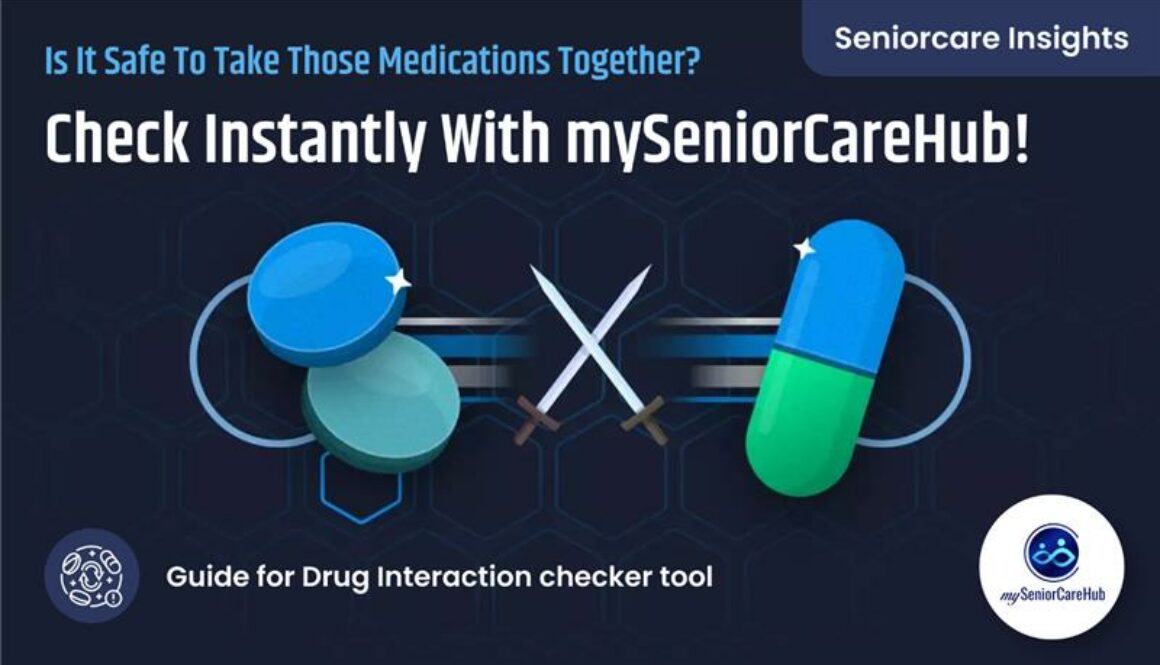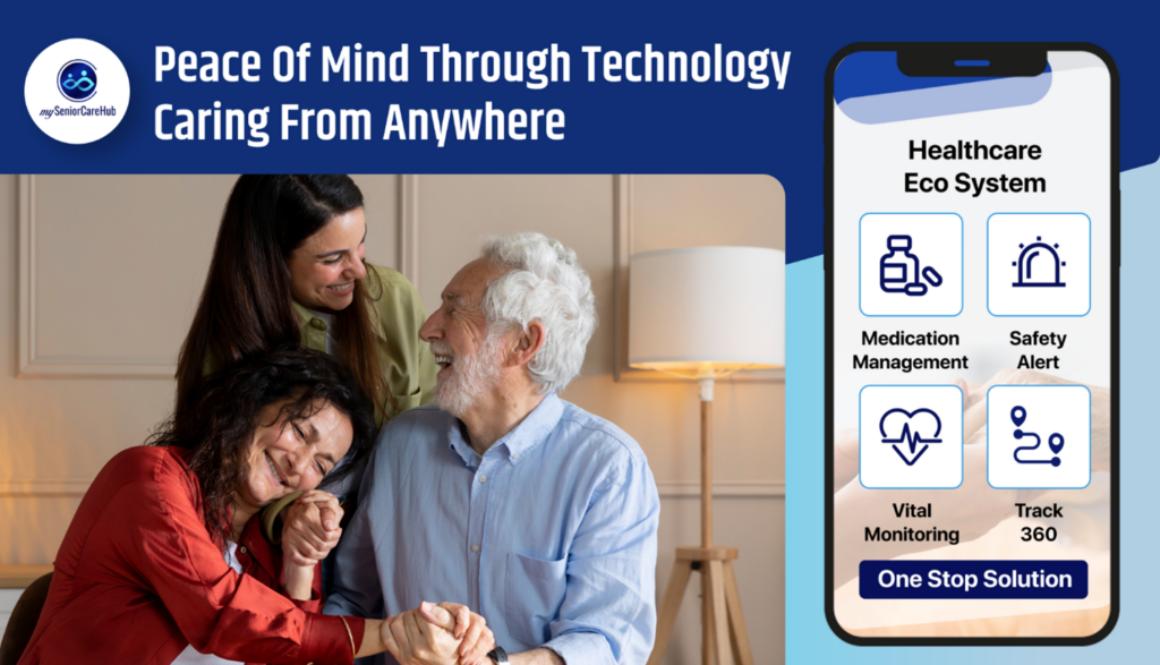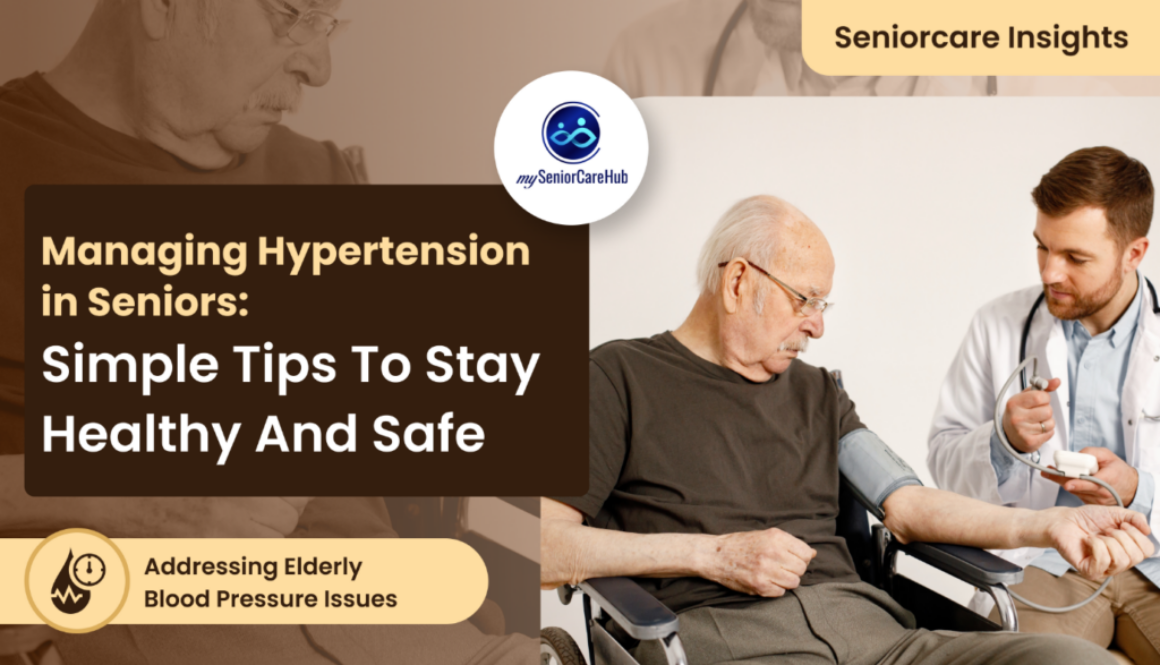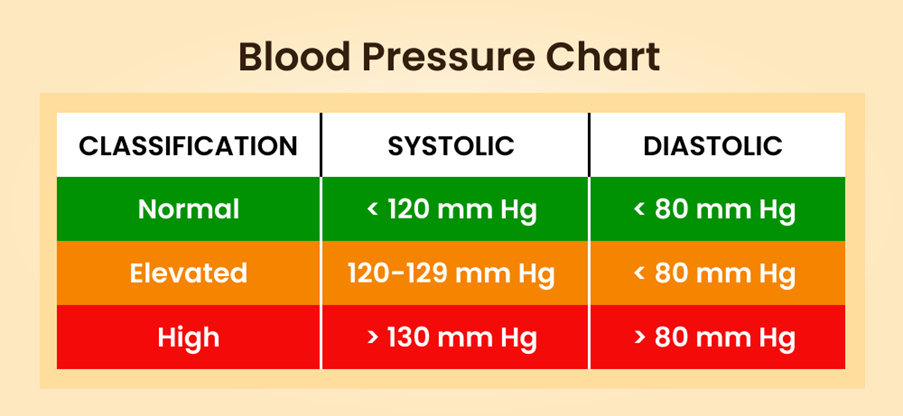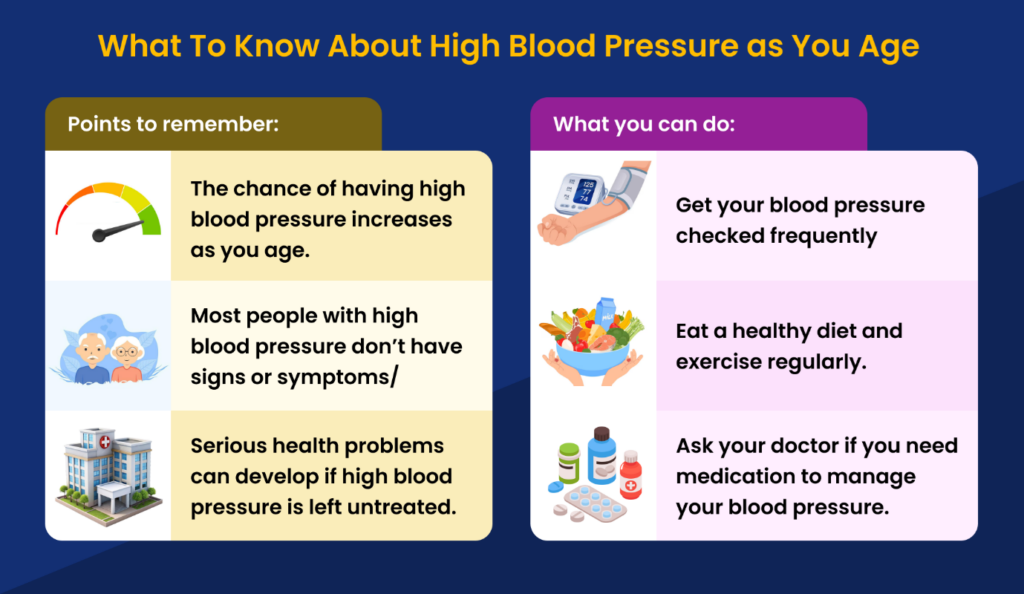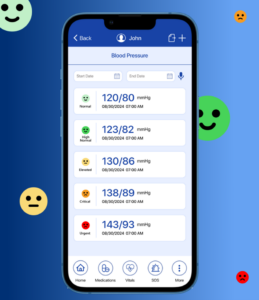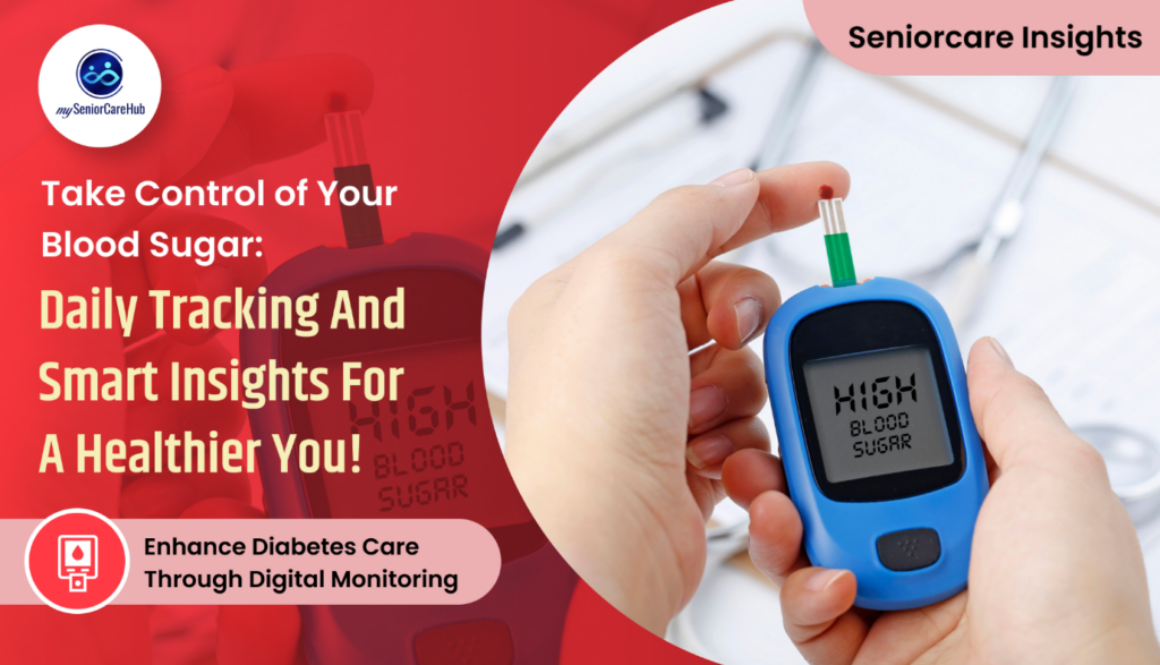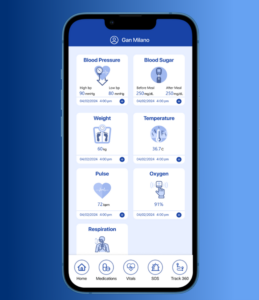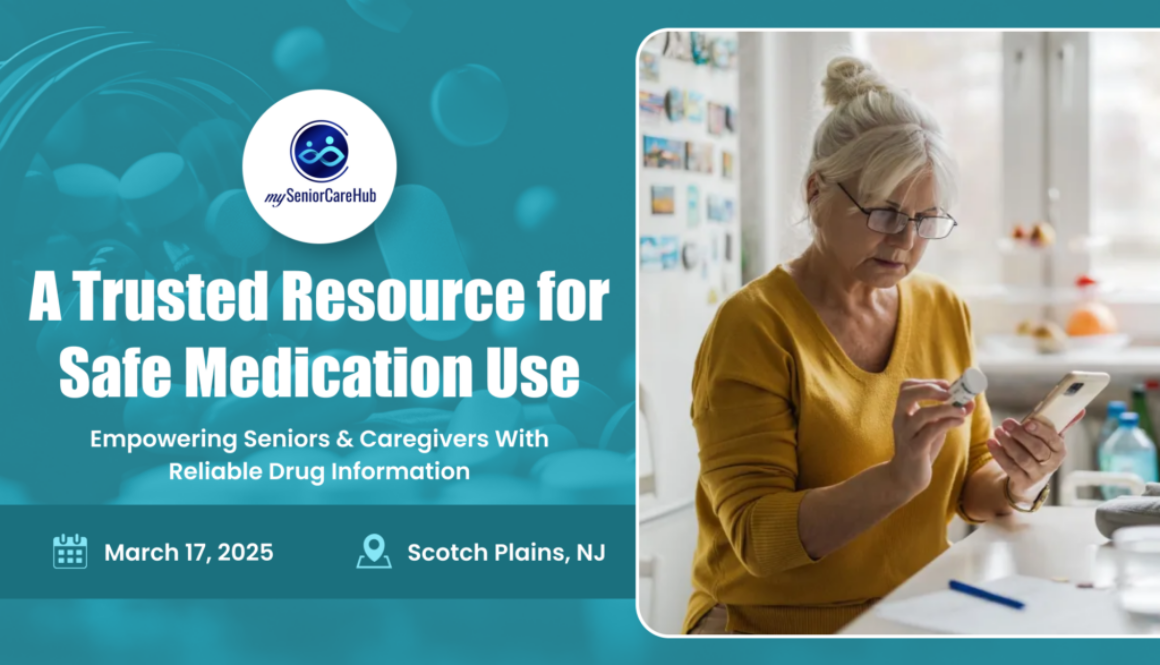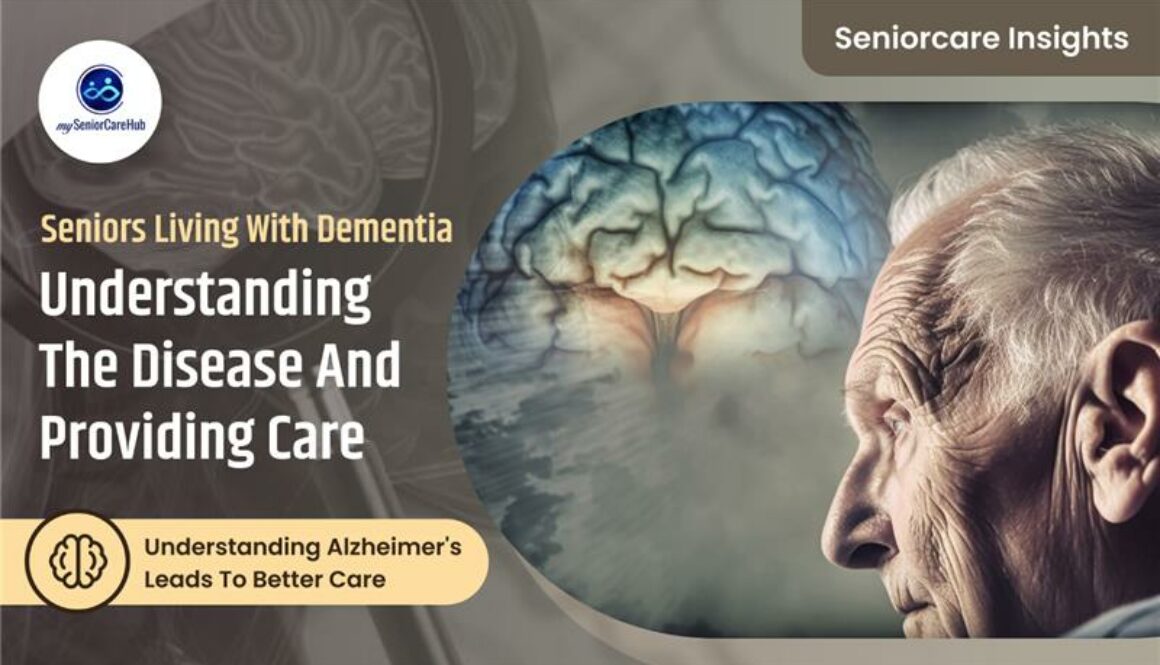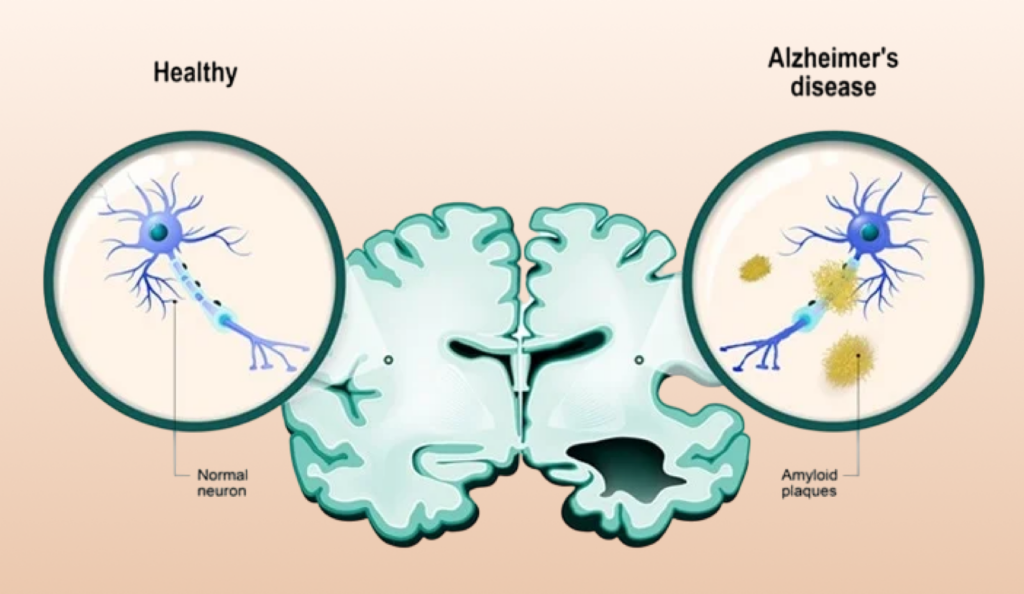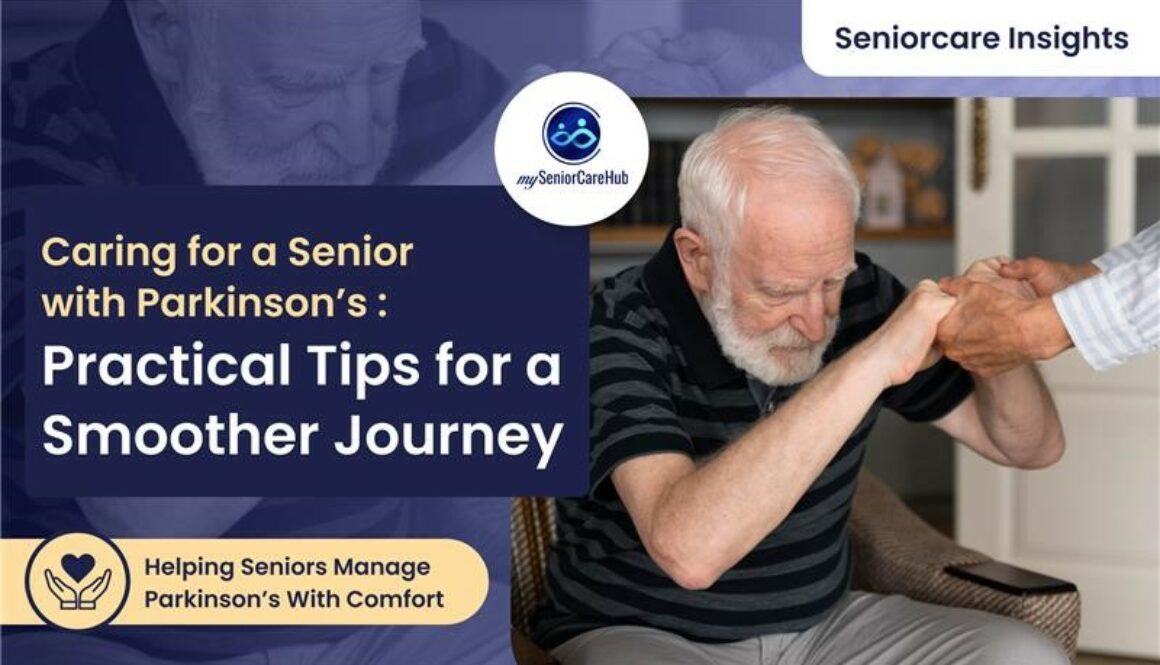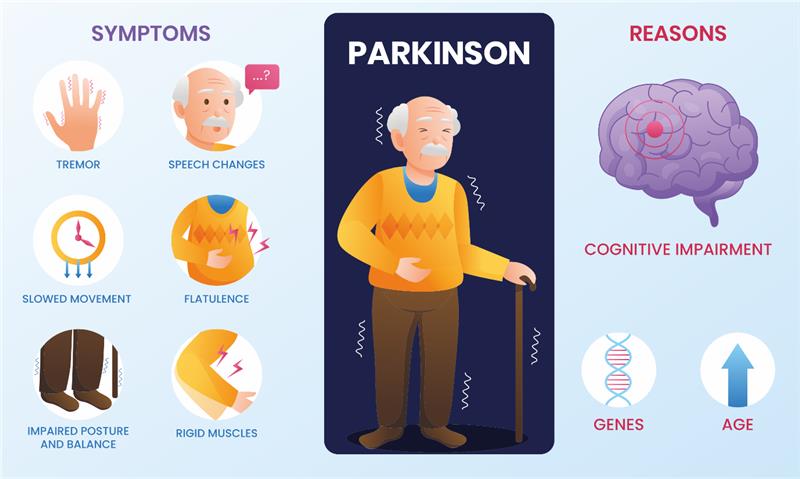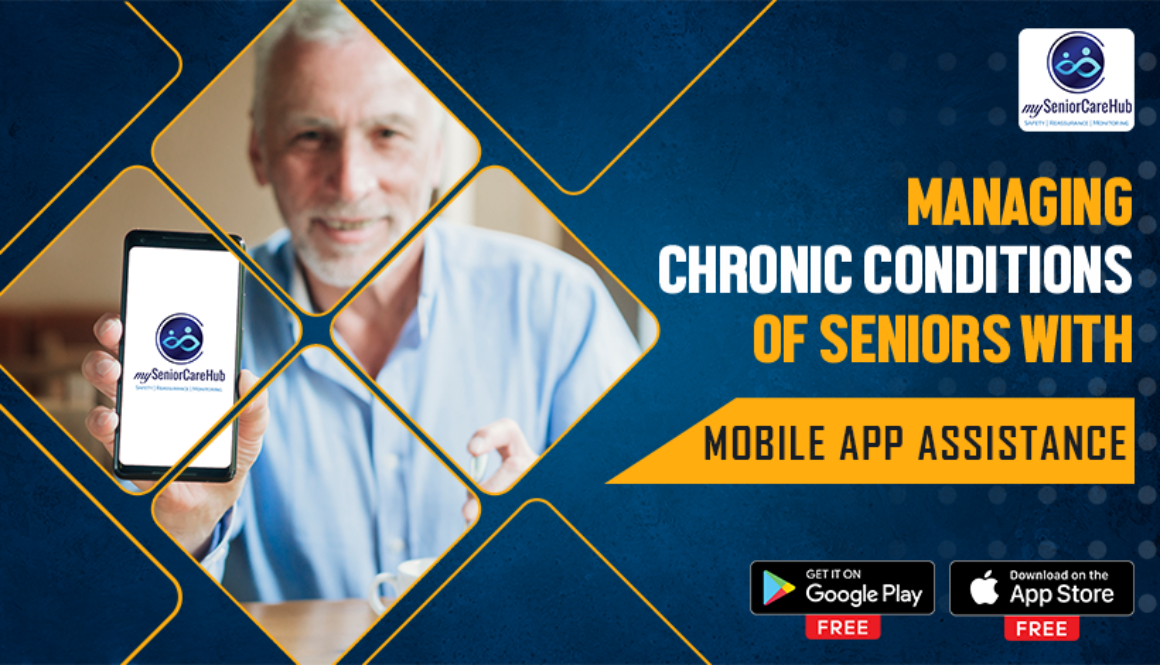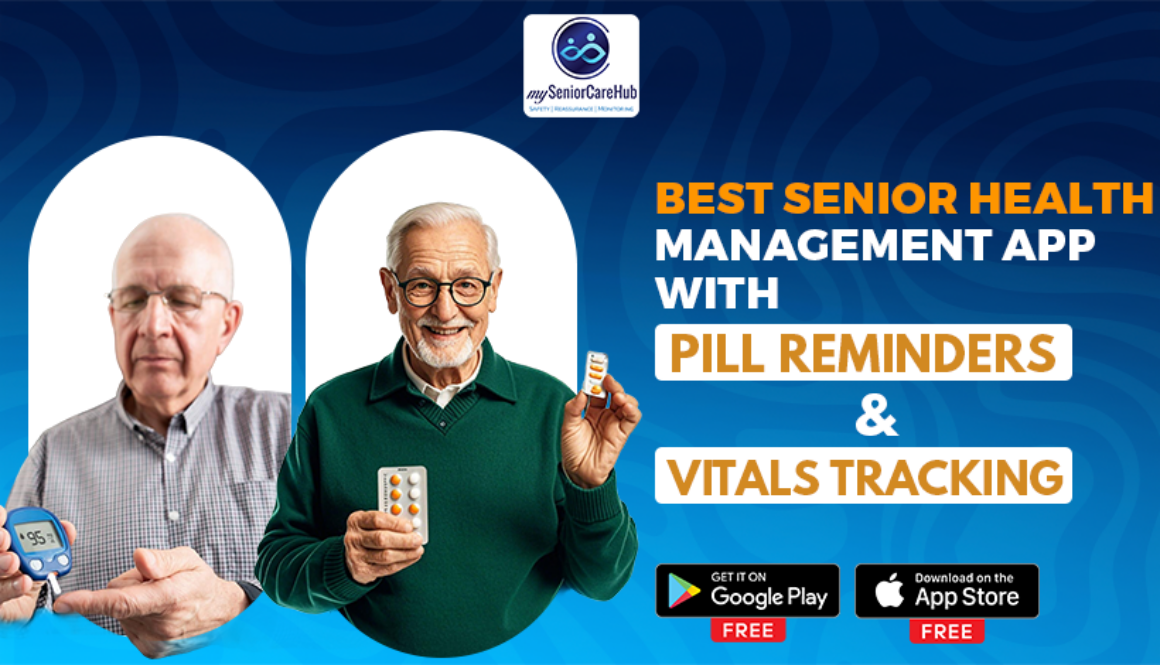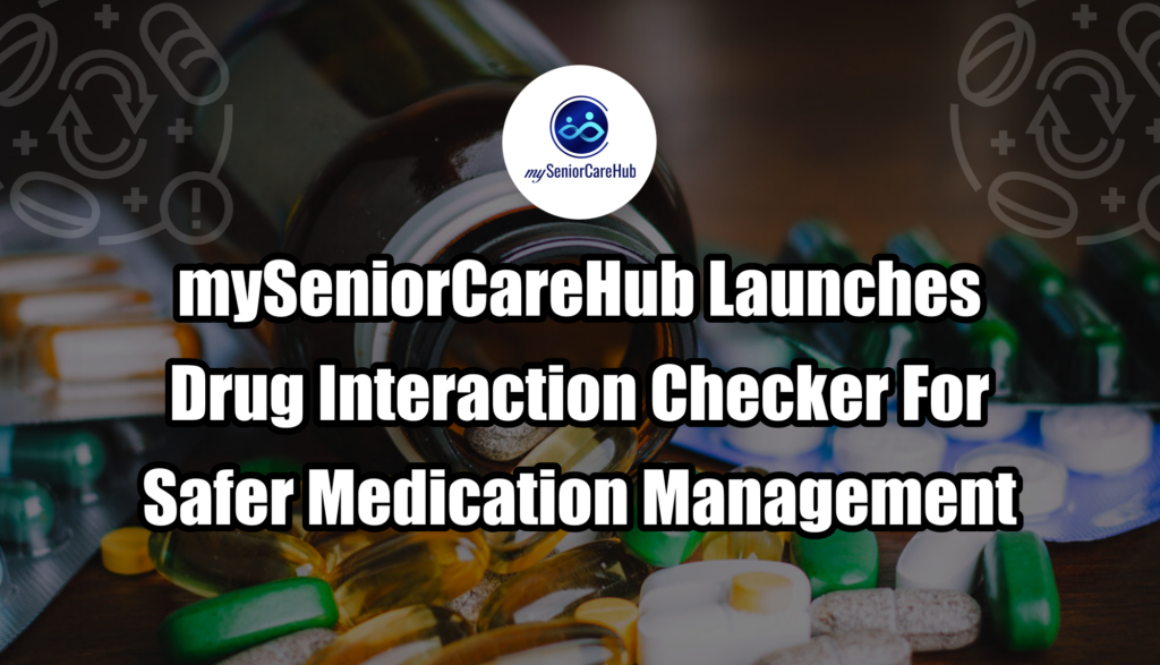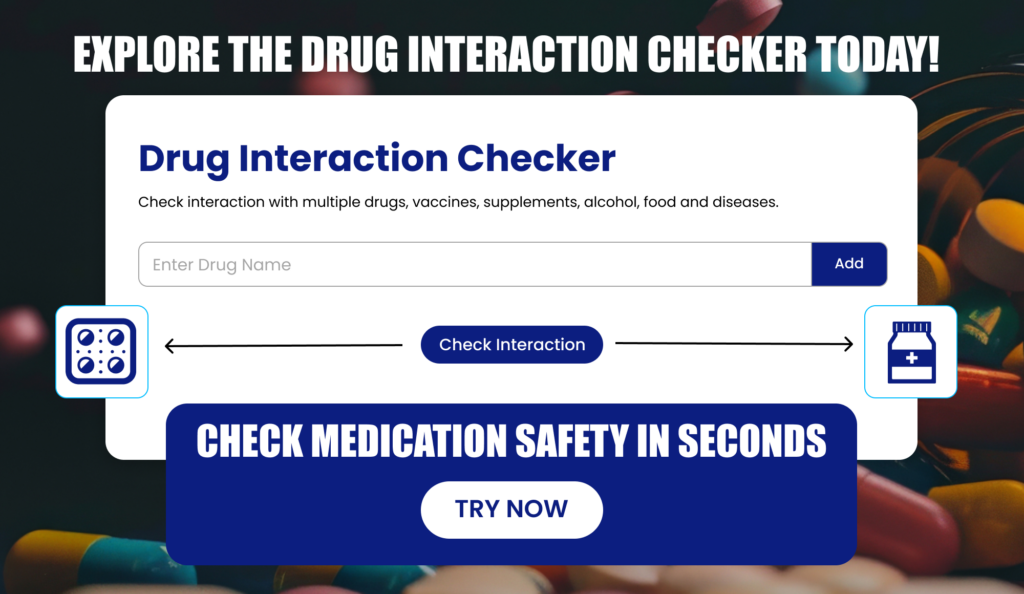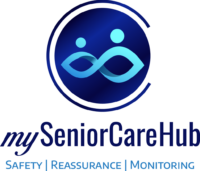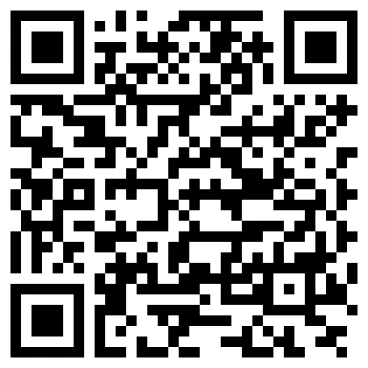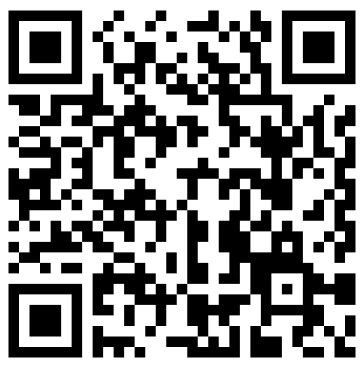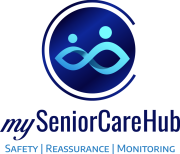Avoid Harmful Drug Combinations with mySeniorCareHub New Tool
Meet Mr. Mehta: A Common Yet Preventable Story – Drug Interaction Checker
Mr. Mehta, a 72-year-old retired teacher, has been managing multiple health conditions, including high blood pressure and arthritis. His daily routine includes a handful of pills, prescribed by different doctors. One evening, after taking a new painkiller for his arthritis, he started feeling dizzy and weak. His concerned daughter rushed him to the doctor, only to find out that his new medication had dangerously interacted with his blood pressure medicine.
Unfortunately, Mr. Mehta’s case is not unique. Many elderly individuals, like him, juggle multiple prescriptions, unknowingly facing the risk of harmful drug interactions. But what if there was a simple way to prevent such situations?
Understanding Drug Interactions: A Hidden Danger – Drug Interaction Checker
A drug interaction occurs when one medication affects the way another works, leading to reduced effectiveness, unexpected side effects, or even severe health complications. These interactions can happen between two or more drugs (drug-drug interactions) or between drugs and food (drug-food interactions).
Why Are the Elderly More Vulnerable?
Elderly individuals are particularly at risk of drug interactions due to:
- Polypharmacy: Many seniors take multiple medications for chronic conditions.
- Slower Metabolism: With age, drug metabolism slows down, increasing the chances of interactions.
- Lack of Awareness: Often, elderly patients are unaware of potential drug conflicts.
- Multiple Healthcare Providers: Different doctors may prescribe medications without knowing what others have already recommended.
Without proper monitoring, these risks can lead to severe consequences such as hospitalizations, falls, cognitive decline, or even life-threatening conditions.
Common Myths About Drug Interactions
Many people underestimate the risks associated with drug interactions due to common misconceptions. Let’s debunk some of the most widespread myths:
1. “If my doctor prescribed it, it must be safe with everything else.”
Doctors focus on treating specific conditions, and while they consider potential interactions, they may not always have a complete list of every medication or supplement a patient takes. That’s why using an interaction-checking tool like mySeniorCareHub is crucial for an added layer of safety.
2. “Over the counter (OTC) medications and supplements don’t cause interactions.”
Many people believe that non-prescription drugs and herbal supplements are harmless, but they can significantly alter how prescription medications work. For example, St. John’s Wort can reduce the effectiveness of antidepressants and birth control, while ibuprofen can increase the risk of bleeding when taken with blood thinners.
3. Drug-food interactions aren’t serious.
While most people know about grapefruit juice affecting some medications, few realize the extent to which diet can impact drug absorption and effectiveness. For example, calcium-rich foods can interfere with some antibiotics, and alcohol can dangerously amplify the effects of sedatives or blood sugar-lowering medications.
4. If I don’t feel side effects, the combination must be safe.
Not all drug interactions cause immediate symptoms. Some interactions develop gradually, leading to decreased medication effectiveness or long-term health issues like kidney damage or high blood pressure. Checking interactions proactively can help prevent these hidden risks.
Why Checking Drug Interactions Is Crucial – Drug Interaction Checker

Consider a diabetic patient taking Metformin, unaware that consuming alcohol can lead to dangerous drops in blood sugar and lactic acidosis. Or an older woman taking a blood thinner, such as Warfarin, who frequently consumes leafy greens, which can decrease the medication’s effectiveness and raise the risk of a clot. Likewise, analgesics such as Ibuprofen can raise blood pressure and lessen the impact of hypertension drugs. Even something as common as grapefruit juice can cause serious liver damage and muscle pain when taken with statins, which are medications used to control cholesterol.
These are only a few instances of the unexpected and occasionally severe effects that regular prescription drugs and eating patterns can have. This emphasizes the need for a simple and dependable method to detect interactions before they cause harm.
mySeniorCareHub New Feature: Your Medication Safety Net
To address this growing concern, mySeniorCareHub has launched a powerful new tool that helps users check for harmful drug-drug and drug-food interactions instantly. With just a few taps, seniors and their caregivers can:
How It Works – Drug Interaction Checker
- Enter Medications: Quickly input prescribed and over-the-counter drugs.
- Get Real-Time Alerts: Instantly receive warnings about possible harmful interactions.
- Categorization of Interaction Risks: Each interaction is classified as major, moderate, or minor, helping users understand the severity.
- Major: severe, life-threatening consequences necessitating immediate action.
- Moderate: It may cause discomfort or impact drug effectiveness and require medical attention.
- Minor: Less severe, but still worth monitoring.
- Understand Food Restrictions: Get guidance on foods to avoid with specific medications.
A Life-Saving Example – Drug Interaction Checker
If Mr. Mehta’s daughter had access to this tool before giving him the painkiller, she would have:
- Downloaded mySeniorCareHub and entered her father’s medications into the Drug Interaction checker.
- Received an alert indicating that the new painkiller had a moderate interaction with his blood pressure medication.
- Learned that this combination could cause dizziness and low blood pressure.
- Consulted a physician for a safer alternative.
This simple step could have helped prevent a medical emergency, ensuring Mr. Mehta’s safety and well-being.
Empowering Seniors to Take Control of Their Health
By integrating this feature into our app, mySeniorCareHub ensures that elderly individuals and their caregivers have the knowledge they need to prevent dangerous drug interactions. Instead of uncertainty and emergencies, this will lead to peace of mind and safer medication management.
To stay safe and self-sufficient, Mr. Mehta now utilizes this tool before taking any new medications. Get mySeniorCareHub now to take charge of your medication safety and avoid waiting for an emergency!

